On my fourth day in Uganda, I visited the Batwa pygmies just outside the Bwindi Impenetrable Forest. They are notorious for their small stature—4’9” and shorter—and this was the only thing I knew about them. Initially, I feared the experience would be like the episode of An Idiot Abroad when Karl Pilkington visits a dwarf village in China prompting discussion of whether such experiences are exploitative.
Fortunately, the experience was a positive one. The Batwa welcomed us, knowing we were there to learn about their culture and to support them. Our guide, Levi, walked us through the village discussing how the Batwa are adapting to a new way of life. Though the Batwa had dwelled in the Bwindi Forest for millennia, they were evicted by the Ugandan government in 1992 when the forest was turned into a national park. Now, the Batwa struggle to adapt to the demands of modern society while trying to maintain their history and culture. Already, they have lost their traditional language.
We were led to an outdoor stage where Levi introduced us to the Batwa. We took a seat on wooden benches as they gathered in a semicircle, some carrying instruments. My husband then stood and introduced us and Levi translated. Then the Batwa entertained us with song and dance. It was a spirited performance, which masked the sad nature of the message. One of the songs described their plight after the eviction, the uncertainty surrounding the future of their people.
After the performance, Levi explained some of the difficulties the Batwa face in modern Uganda. Once nomadic forest dwellers, the Batwa have had to learn to farm and to use currency. One of the elderly men described his bewilderment at needing money to buy meat. In the past, they had hunted and gathered what they needed, living in harmony with the forest.
Next, we visited the Batwa’s traditional housing including ground huts and a tree house with a ladder which we were invited to enter. The women showed us how they weave bags and baskets, and Levi explained that the Batwa’s terracotta-colored clothing was made of bark cloth. When we left, we purchased a doll and a small basket, gave a donation to the Batwa elder, and thanked them for sharing their day with us.
As we left, I thought about the previous day. I had spent the entire day hiking in the Bwindi forest to see endangered mountain gorillas—there are less than a thousand in the wild and none in captivity. My permit cost $500, the average per capita income of a Ugandan, and presumably helps to protect the forest and its animals. And while no one wants to see an animal go extinct, I felt conflicted, as my trip to see the gorillas was in a way at the expense of the Batwa. To protect the forest and to save the gorillas, this ancient people and its culture have been cast aside, doomed to one day exist only in history books and museums.
In the end, however, I still recommend a trip to the Bwindi National Forest to see the mountain gorillas. Spending a day in the forest gave me a deeper appreciation for the Batwa and for all that they have lost. It also brought me to the Batwa people who now live just outside the park and who need visitors to help keep their story alive.
Learn more about the Batwa Experience at www.batwaexperience.com.
Note: The Batwa Experience is usually a 5-hour affair including a traditional meal; however, we asked for a shortened version due to our travel schedule. Contact the manager of the Batwa Experience for a personalized tour.
Levi Busingye
busingyelevi@yahoo.com
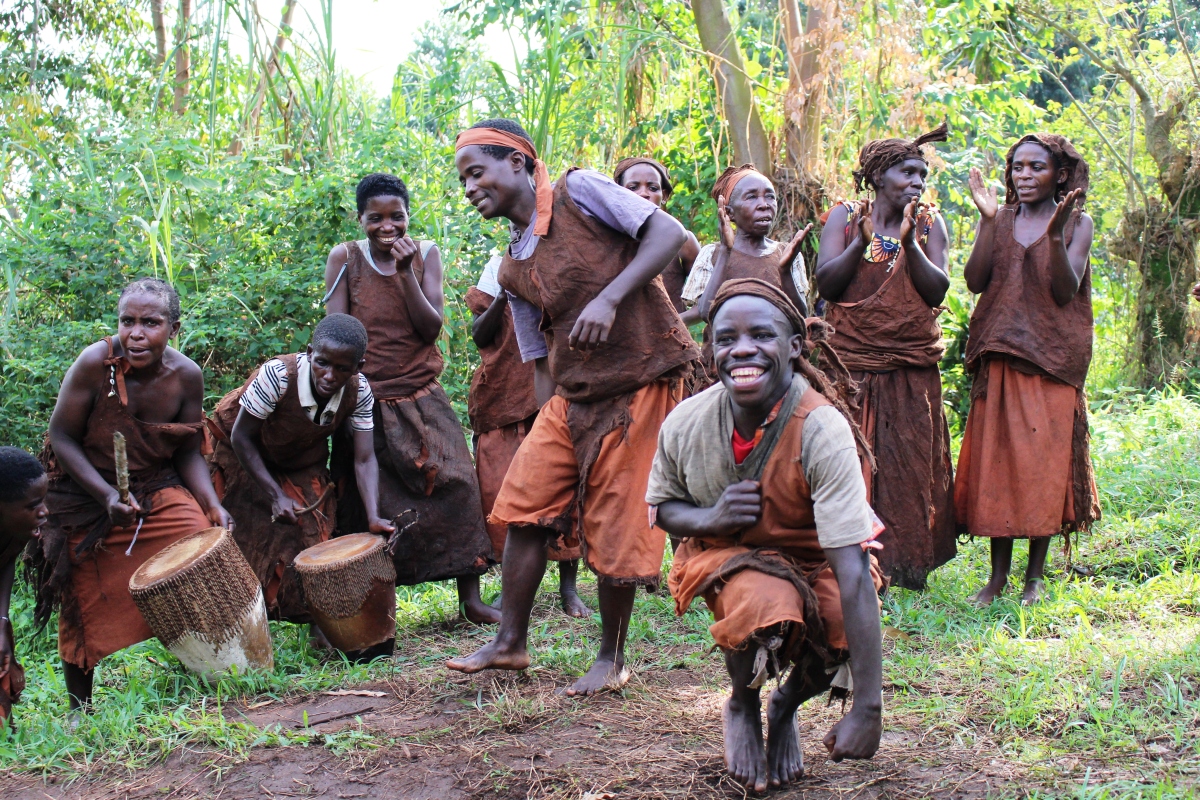
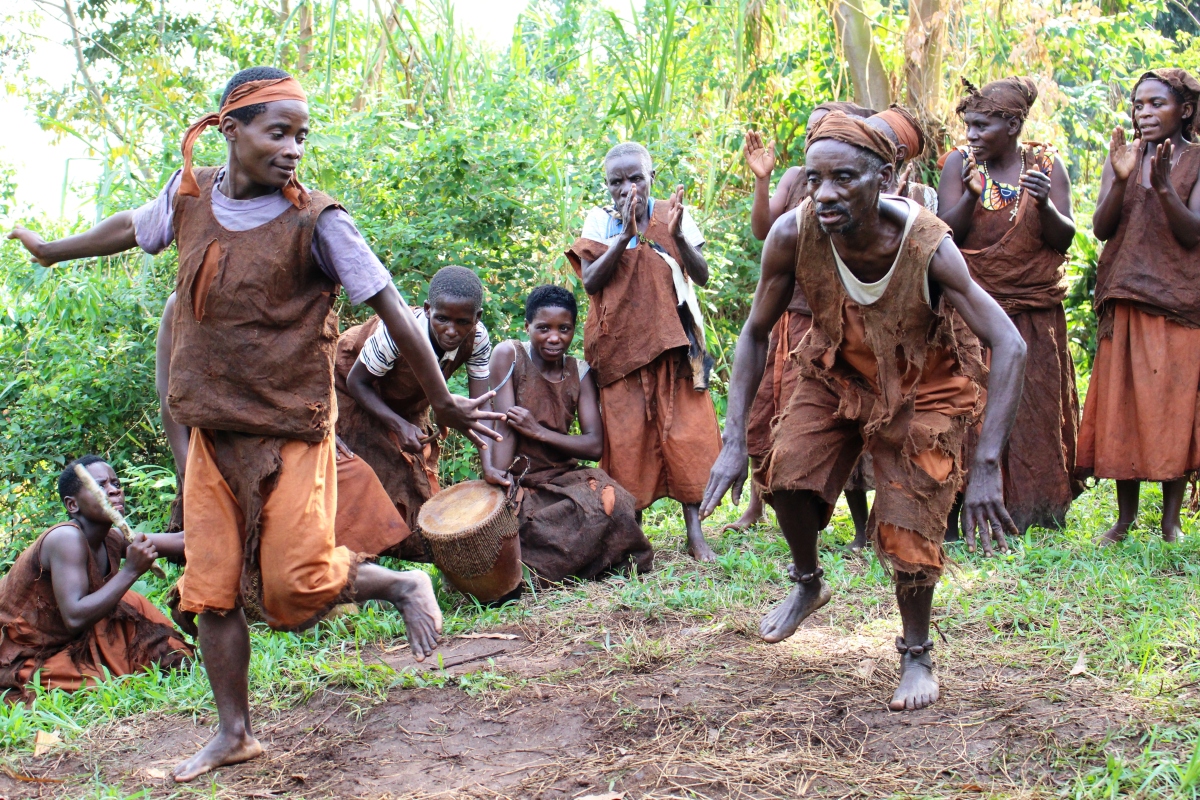
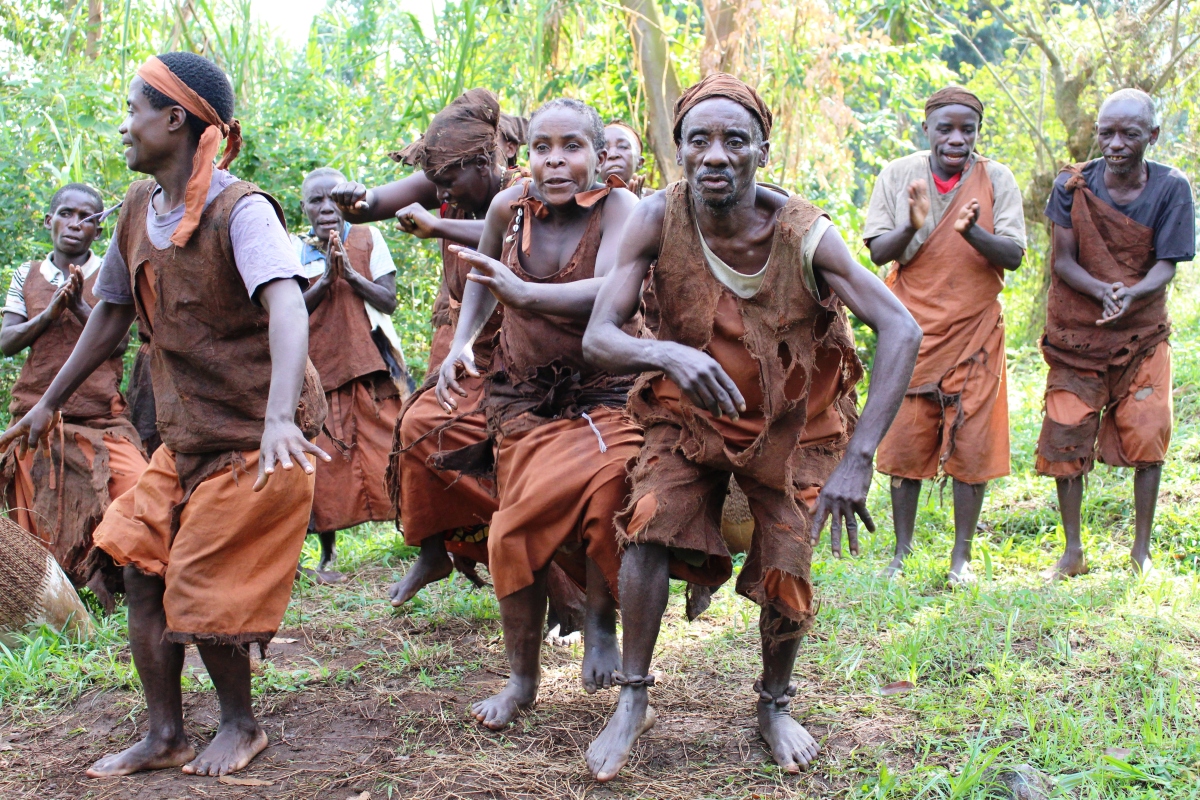
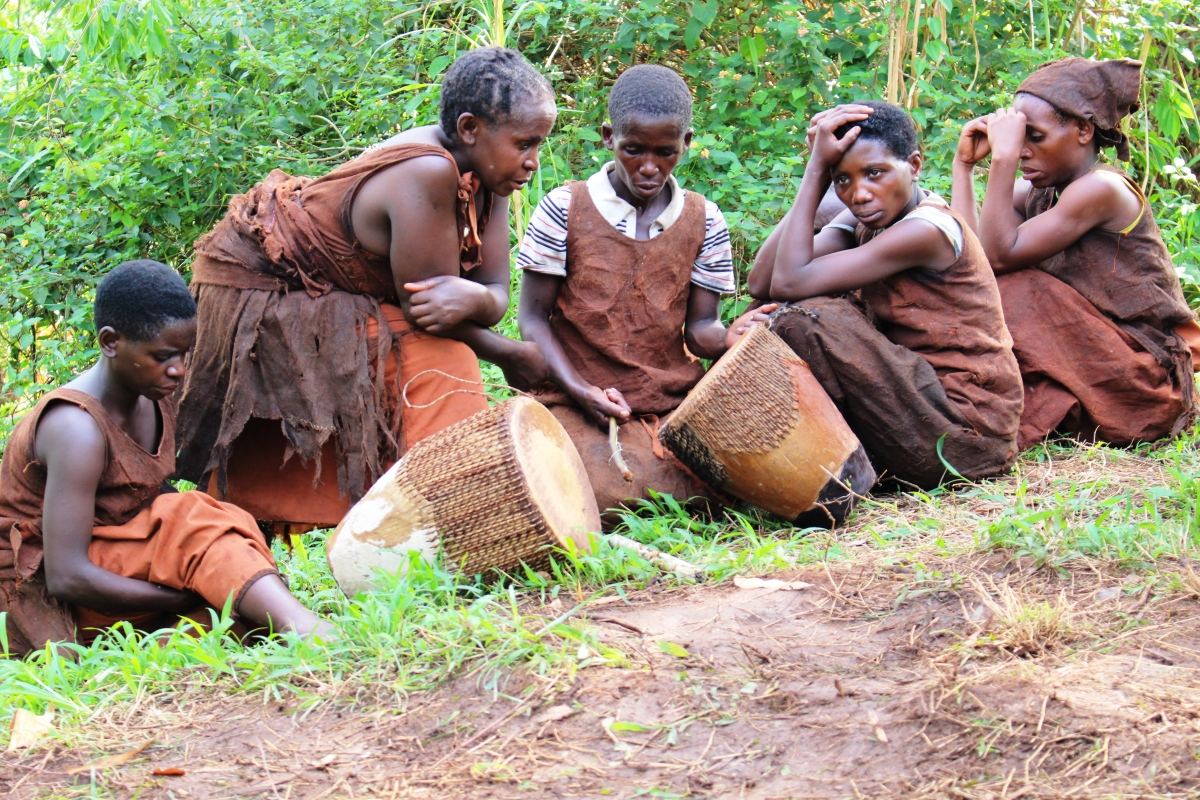
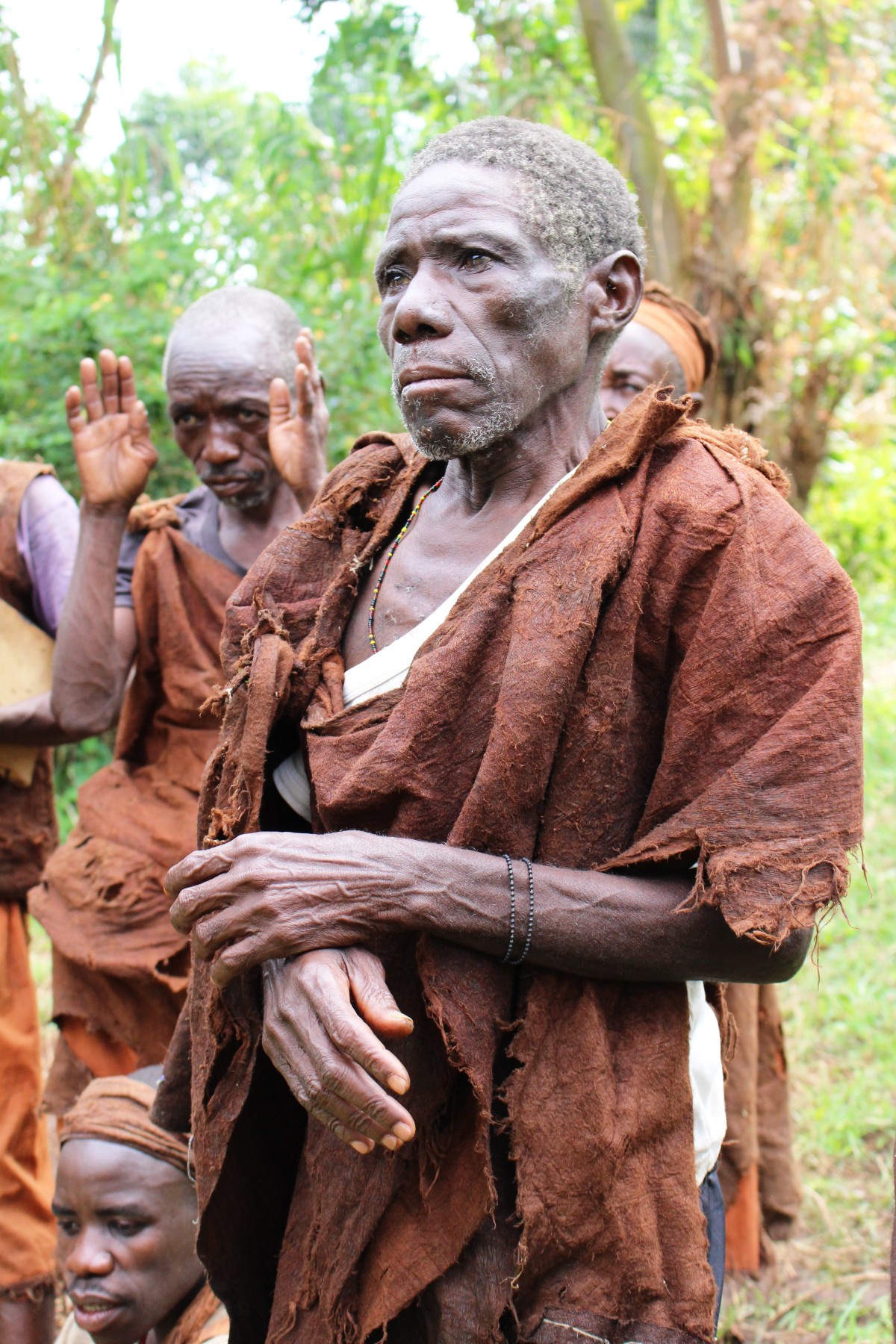
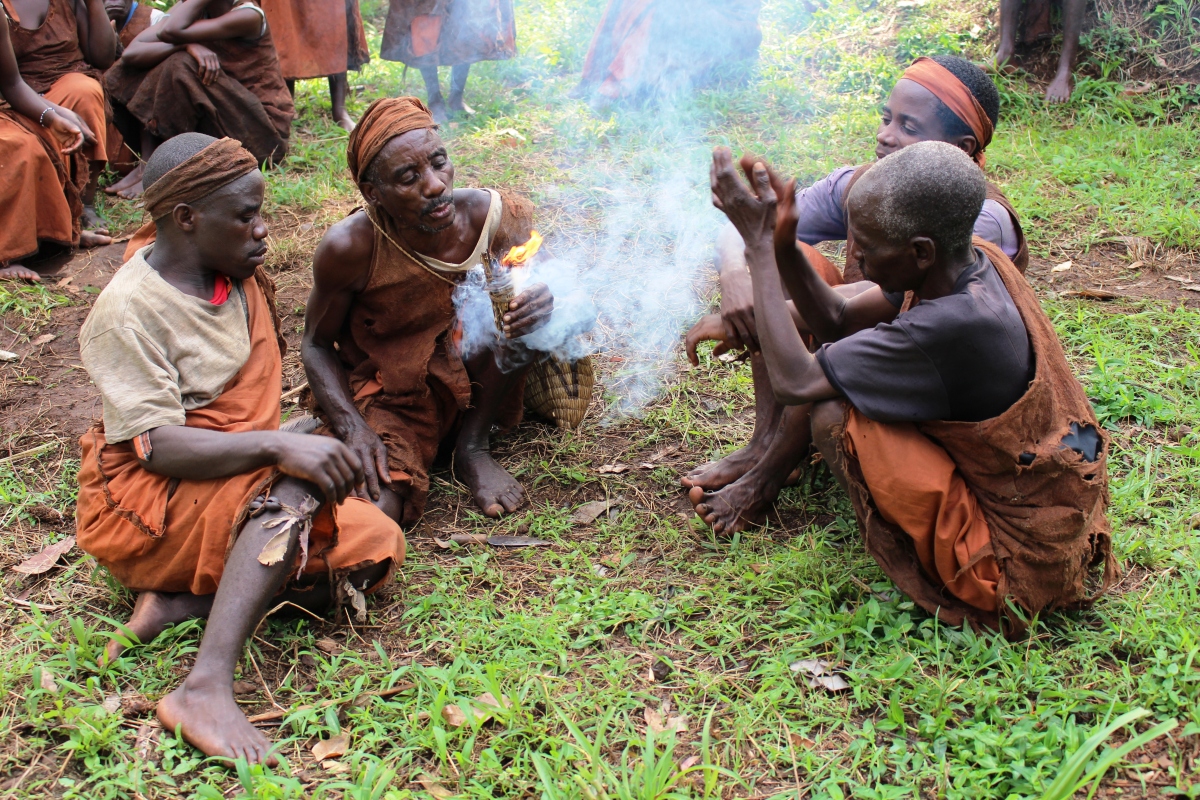

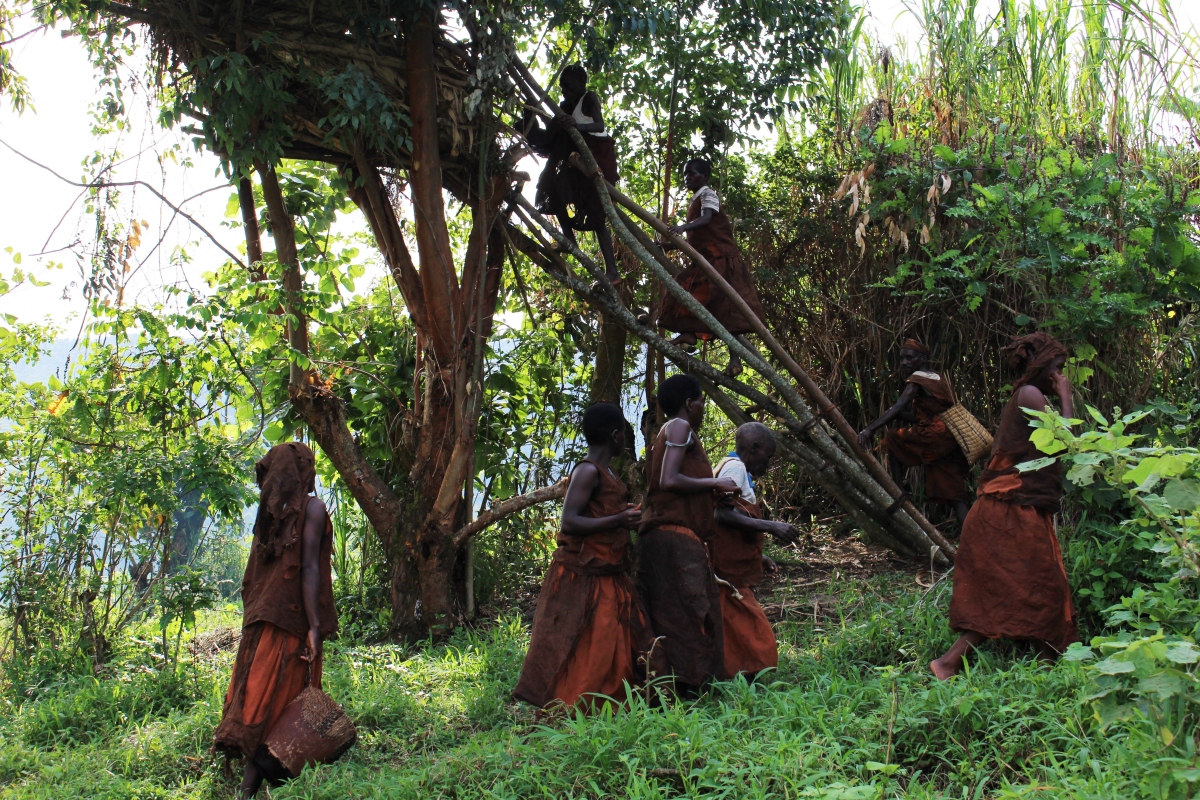
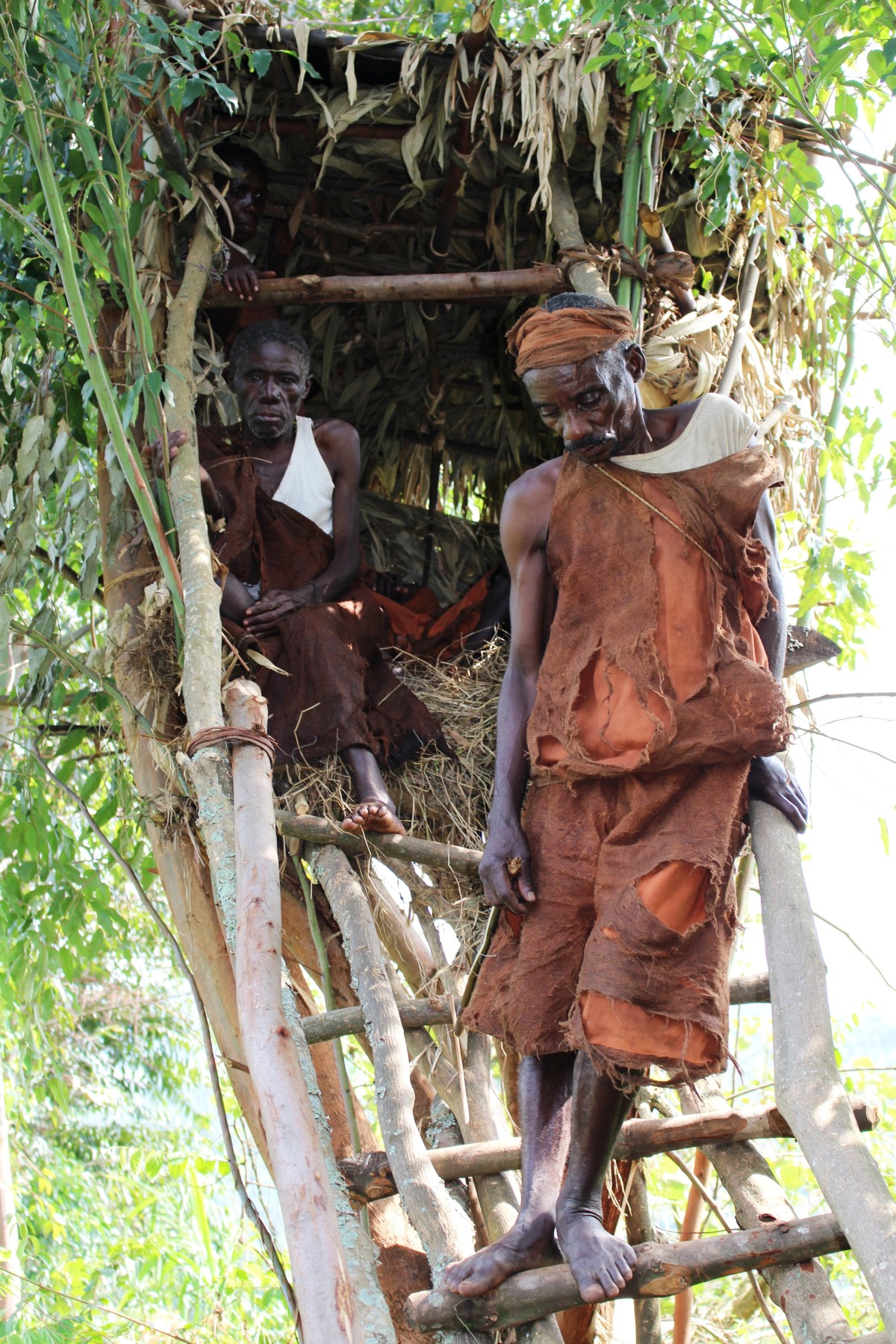
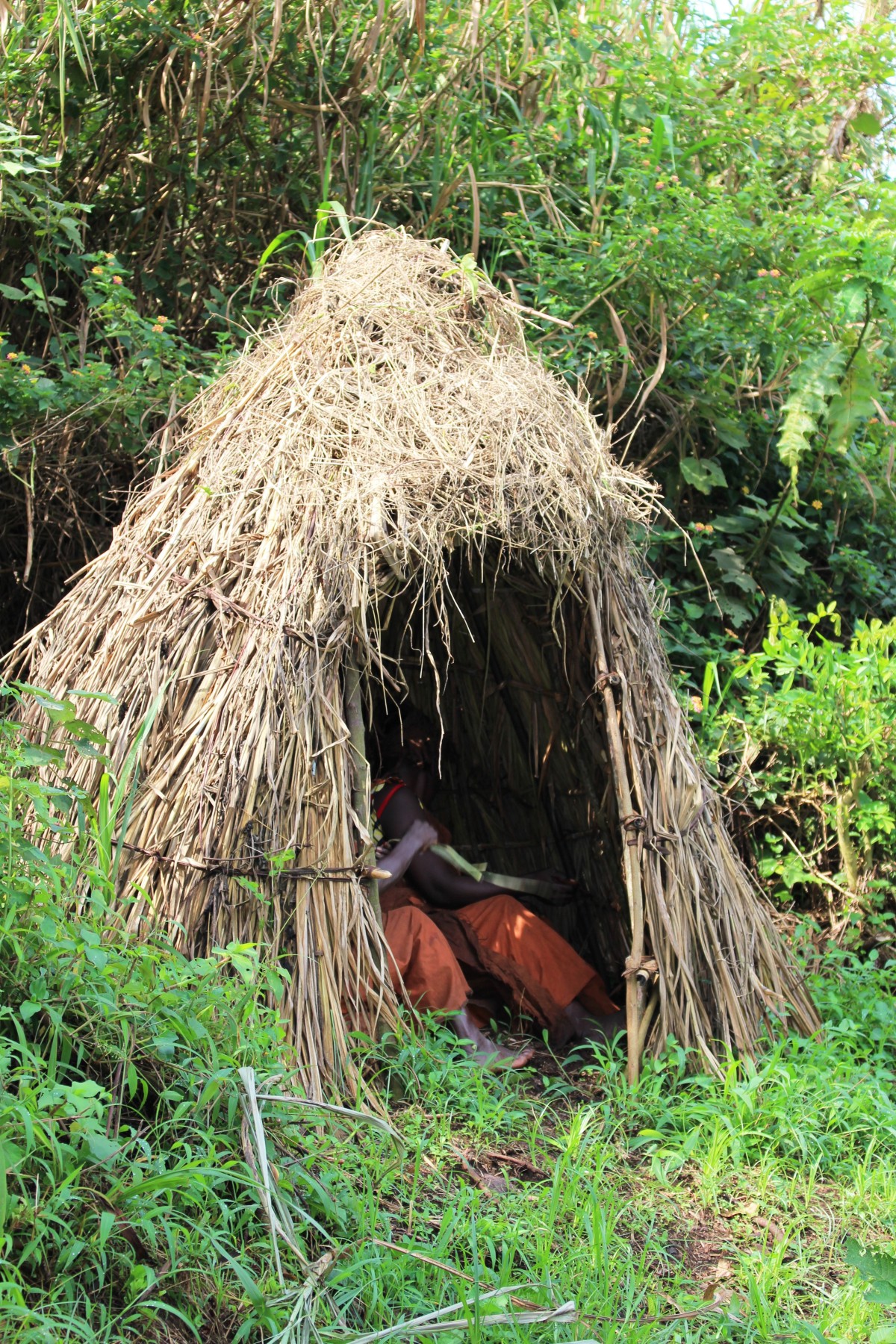
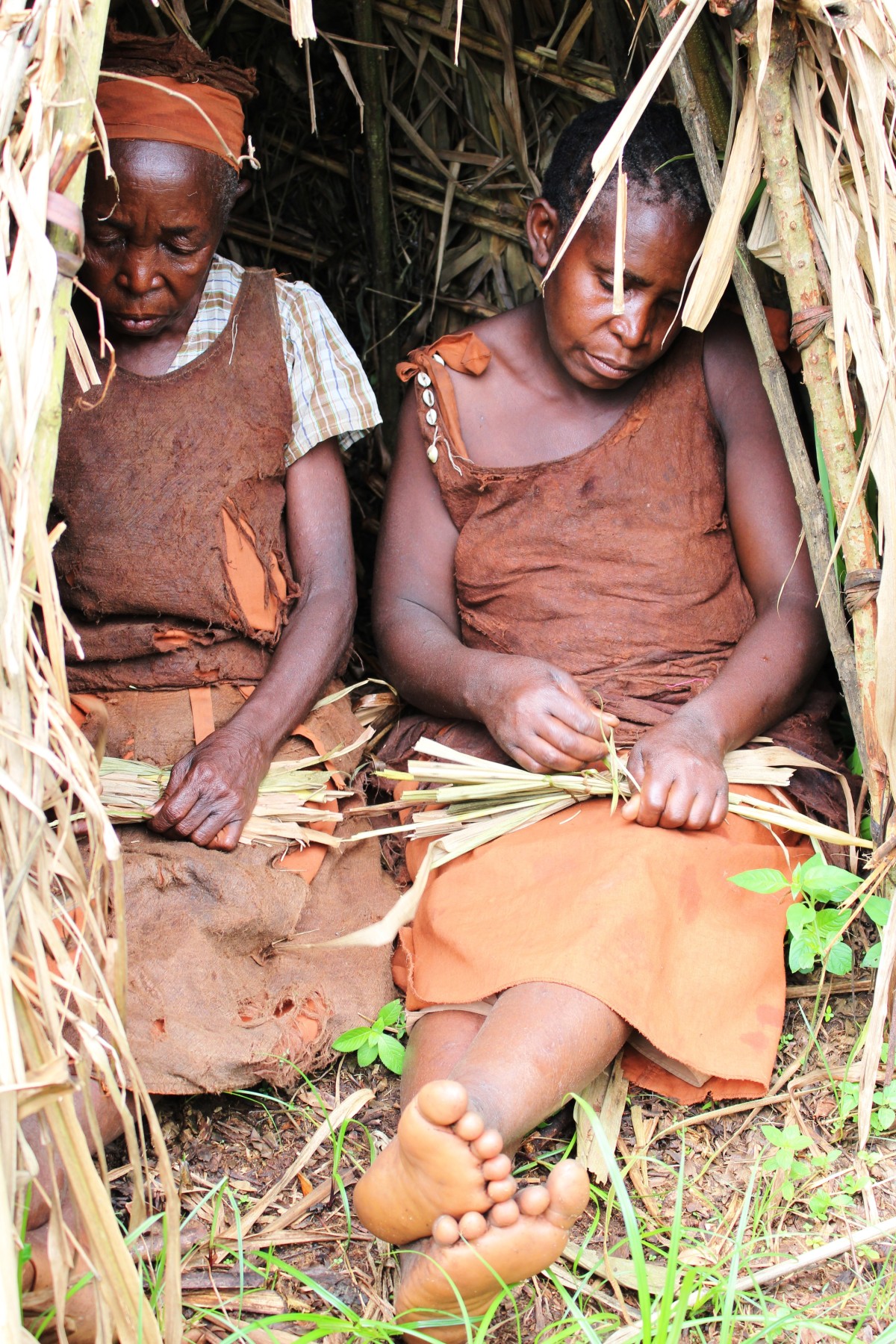

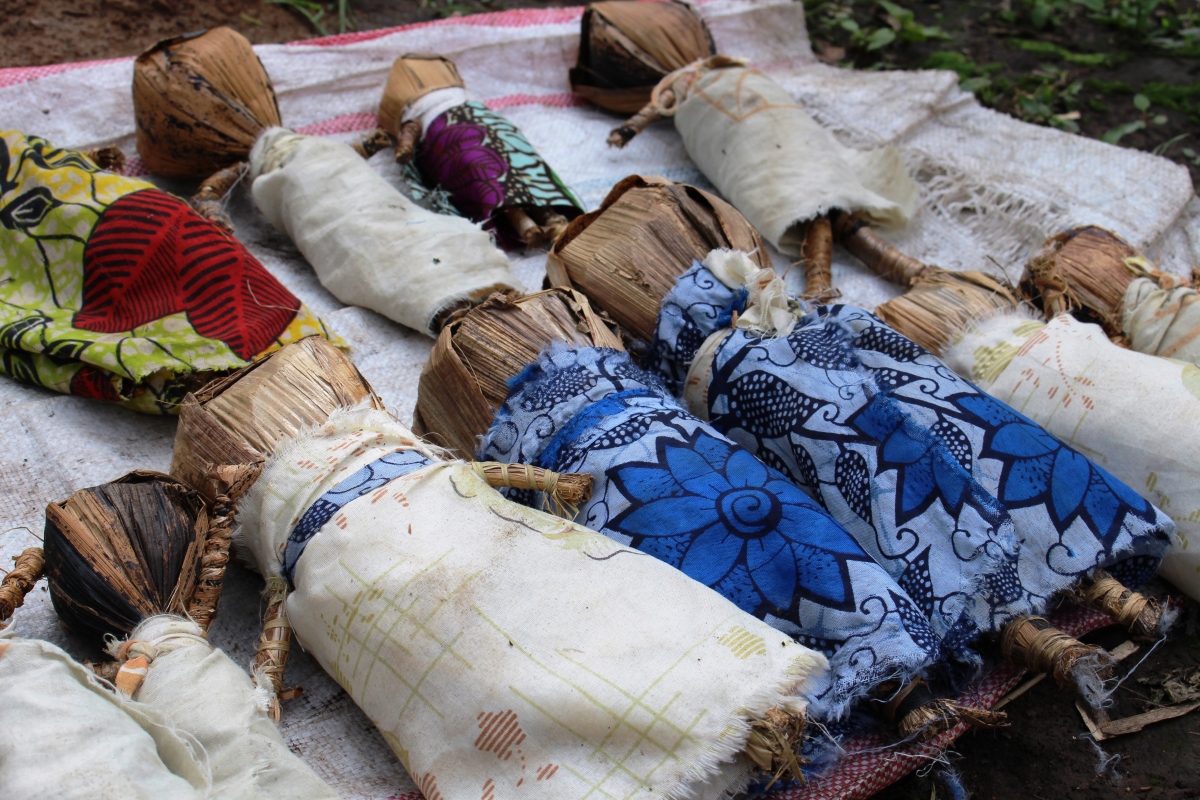

gorgeous and full of life… Uganda is like that )
LikeLike
I love the sixth photo
LikeLike
Why did the Government interfere with their life style? Who said our life style should be imposed on others? They were living in harmony with the forest, and it was wrong for the Government to interfere. So their offsprings will never know the tree house/hut. That is inconsiderate and selfish.
LikeLike